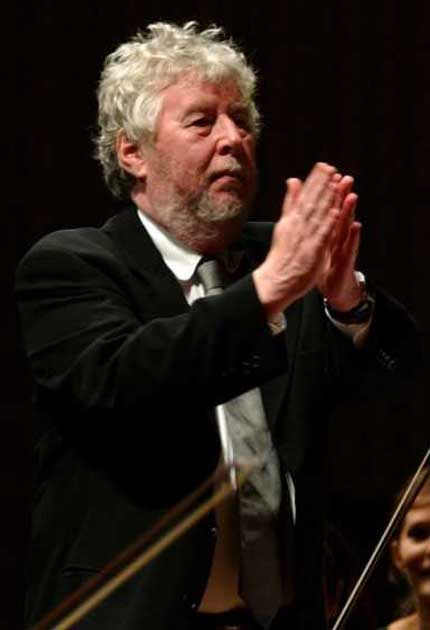The Corridor, Aldeburgh Festival, Aldeburgh

Your support helps us to tell the story
From reproductive rights to climate change to Big Tech, The Independent is on the ground when the story is developing. Whether it's investigating the financials of Elon Musk's pro-Trump PAC or producing our latest documentary, 'The A Word', which shines a light on the American women fighting for reproductive rights, we know how important it is to parse out the facts from the messaging.
At such a critical moment in US history, we need reporters on the ground. Your donation allows us to keep sending journalists to speak to both sides of the story.
The Independent is trusted by Americans across the entire political spectrum. And unlike many other quality news outlets, we choose not to lock Americans out of our reporting and analysis with paywalls. We believe quality journalism should be available to everyone, paid for by those who can afford it.
Your support makes all the difference.What better way to inaugurate the new studio at Snape Maltings, and open the 62nd Aldeburgh Festival, than a double-bill of new music theatre by that giant of the British musical scene, Harrison Birtwistle?
When The Corridor – the composer's return to the myth of Orpheus and Eurydice – was literally just a dream, the transformation of a derelict former malt kiln into a studio, workshops and rehearsal space was at a similarly embryonic stage. Both projects reached a fruitful conclusion so that, in its first year under the artistic direction of the quirky French pianist Pierre-Laurent Aimard, Benjamin Britten's festival by the Suffolk sea and marshes can happily celebrate two notable openings.
It was from a single image from the Orpheus tale – a man and a woman confined in a long corridor, she the subject of his fateful backwards glance – that Birtwistle brought the plight of the woman who died twice to new life. In The Corridor, Birtwistle now gives us the ironic viewpoint of "the Woman" (Eurydice), with "the Man" (Orpheus) sidelined dramatically, though by no means musically. "He's a bit of a bore is Orpheus!" says Birtwistle, though not when expressed as plangently as by the tenor Mark Padmore.
The Woman traverses a kind of passageway, a narrow red strip linking the land of the living with the underworld. It snakes around players from the London Sinfonietta who double as the "Shades" and with whom Eurydice converses. Startling, inventive and compelling, the soprano Elizabeth Atherton inhabits the role of Eurydice with an assuredness that suggests a deep understanding of the part, while the six instrumentalists enter subtly and without any awkwardness into the action. The exquisite colouring of Birtwistle's score matches the spirit of David Harsent's words and Peter Gill's staging is wonderfully understated.
In the opening work, "Semper Dowland, semper dolens" – Birtwistle's ruminative take on the melancholy passion of John Dowland – the conductor Ryan Wigglesworth drew refined and gracefully graded textures in arrangements of seven pavanes while Padmore, accompanied by a harp, made a most persuasive case for Dowland's doleful, poignant songs.
17, 18 June (01728 687110); then 6, 7 July, Queen Elizabeth Hall, London SE1 (0871 663 2500; www.southbankcentre.co.uk )
Join our commenting forum
Join thought-provoking conversations, follow other Independent readers and see their replies
Comments